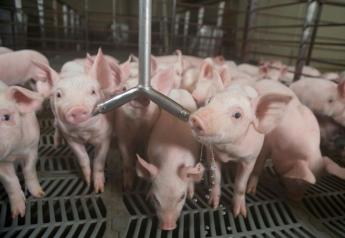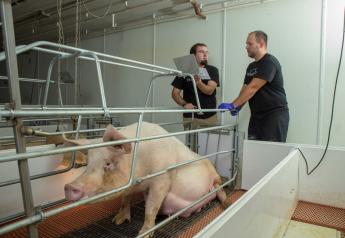The Biological Weapon Against Red Meat

It’s obviously the devilish work of PETA or some like-minded anti-meat group. An allergy to red meat is on the rise, and highly-susceptible targets are folks who spend a lot of time outdoors.
I’m referring to the meat allergy spread by Lone Star ticks, a malady that was discovered a few years ago, but one that is rapidly spreading across America. A bite from the Lone Star tick can make you allergic to beef and pork. Interestingly, the meat allergy doesn’t apply to poultry or fish, which makes one wonder if the chicken companies are in on this conspiracy with the activists to create a biological weapon attacking red meat consumers.

The ticks are transmitting an allergy to a carbohydrate called galactose-alpha-1,3-galactose, which is in most mammalian cell membranes. It’s not a mild, hay-fever type allergy. Humans affected with alpha-gal syndrome will experience a severe, delayed-reaction immune response, which hits hours after you eat red meat. In addition to hives and itching, the episodes can land you in the emergency room with anaphylaxis. Victims may suffer from the allergy for months or years.
In fact, ticks are becoming an increasing overall health threat, according to the Centers for Disease Control and Prevention. Last week the CDC issued a report noting that disease cases from ticks, fleas and mosquitoes more than tripled between 2004 and 2016.
That same CDC report says seven new tick-borne infections have been reported since 2004, and the organization hasn’t recognized alpha-gal allergies yet.
The ticks are aided by a warmer climate, but also because of the expanding white-tailed deer population in the U.S. Deer are one of the lone star tick’s preferred hosts, and the deer provide the transportation help the ticks expand their territory.
Already, according to an allergist at the University of North Carolina, 600 known cases of alpha-gal have occurred north of the Mason-Dixon line, but that may only be a fraction of the cases.
So consider this as an extra warning to watch for ticks this summer. A bite from one just might leave you allergic to your favorite food.







